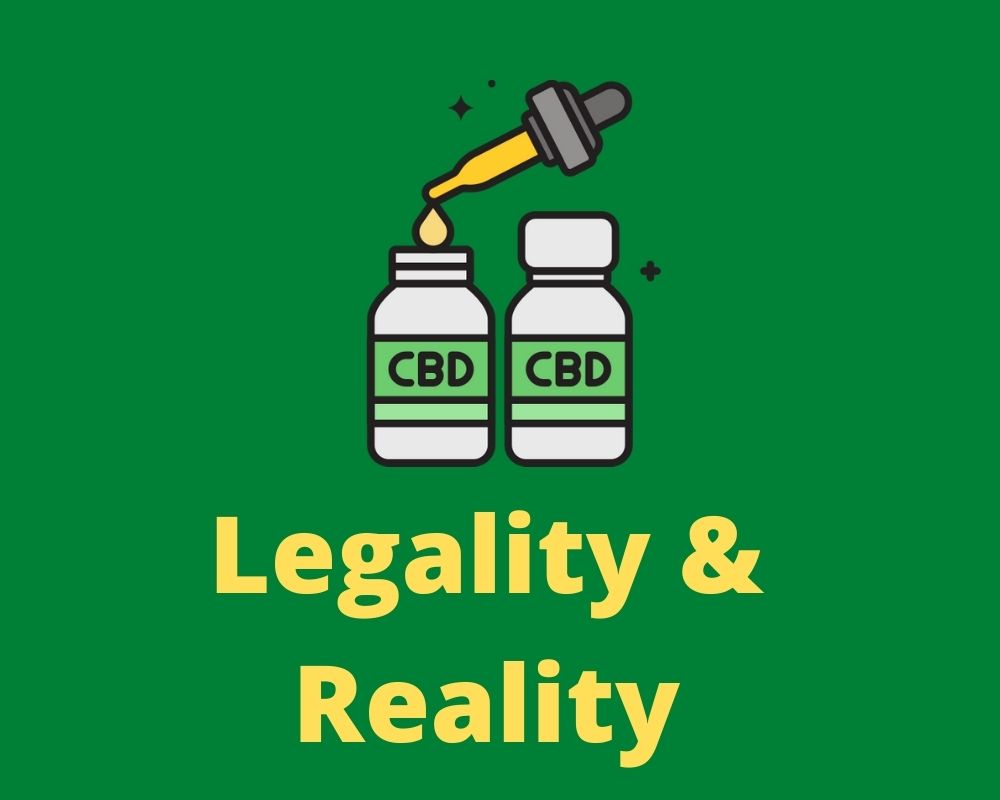Recreational use of Cannabis (Ganja) and its resin (Charas or Hashish) was outlawed in India in 1985 by the Narcotic Drugs and Psychotropic Substances Act, 1985 (“NDPS Act”). The NDPS Act itself was the result of India’s commitment under the Single Convention on Narcotic Drugs, 1961 (“Single Convention”). Interestingly, neither the NDPS Act nor the Single Convention outlawed the medical use of cannabis. Nevertheless, medical use of cannabis is almost non-existent in India.
The ground reality is that most State Governments in India are reluctant to issue a license to cultivate and grow cannabis, even though the NDPS Act empowers them to do so. Therefore, almost all cannabis that manufacturers of cannabis-based medicines have access to grows in the wild. Because the cannabis plant grows in the wild with little to no human intervention, there is very little scope for quality control and standardization of the cannabis, which is essential to manufacture a cannabis-based medicine. This poses a big challenge for manufacturers and discourages them from manufacturing cannabis-based medicines at a meaningful scale.
The NDPS Act, however, does not apply to the leaves and seeds of cannabis plant when they are separated from the flowering or fruiting tops of the plant, which are its most intoxicating parts. This is why Bhang (cannabis plant leaf) is sold freely in most States in India, subject of course to Excise Control, since it is still an intoxicant.
As the leaves of cannabis plant are relatively easy to access, there is massive potential for its use in medicine. One of the key chemicals (or cannabinoids) present in cannabis, including in its leaves, is CBD or Cannabidiol. CBD possesses medicinal properties, but not narcotic properties. The World Health Organization (WHO) itself has recommended its exclusion from Single Convention because it “does not have psychoactive properties and has no potential for abuse and no potential to produce dependence”.
Most CBD Oils sold in India (including over internet) are in fact made out of full-spectrum extracts of the leaves of the cannabis plant, meaning they contain all the cannabinoids, including CBD, that are present in the leaves. Since the leaves of cannabis plant are not considered to be a narcotic drug, CBD Oil made out of extract of the leaves should also not be treated as narcotic drug. In other words, consumption of CBD Oil manufactured from leaves of the cannabis plant should not attract provisions of the NDPS Act.
In fact, CBD Oil manufactured under a license issued under the Drugs and Cosmetics Act, 1940 may be legitimately used by individuals for medical purposes in India.
It is easy to confuse CBD oil with cannabis or hash oil, but the two are vastly different, both in terms of pharmacology and legal treatment: cannabis or hash oil, unlike CBD oil, is 100% narcotic and is subject to strict monitoring and control in India as per provisions of NDPS Act. Its consumption may also attract provisions of NDPS Act and may result in imprisonment.

